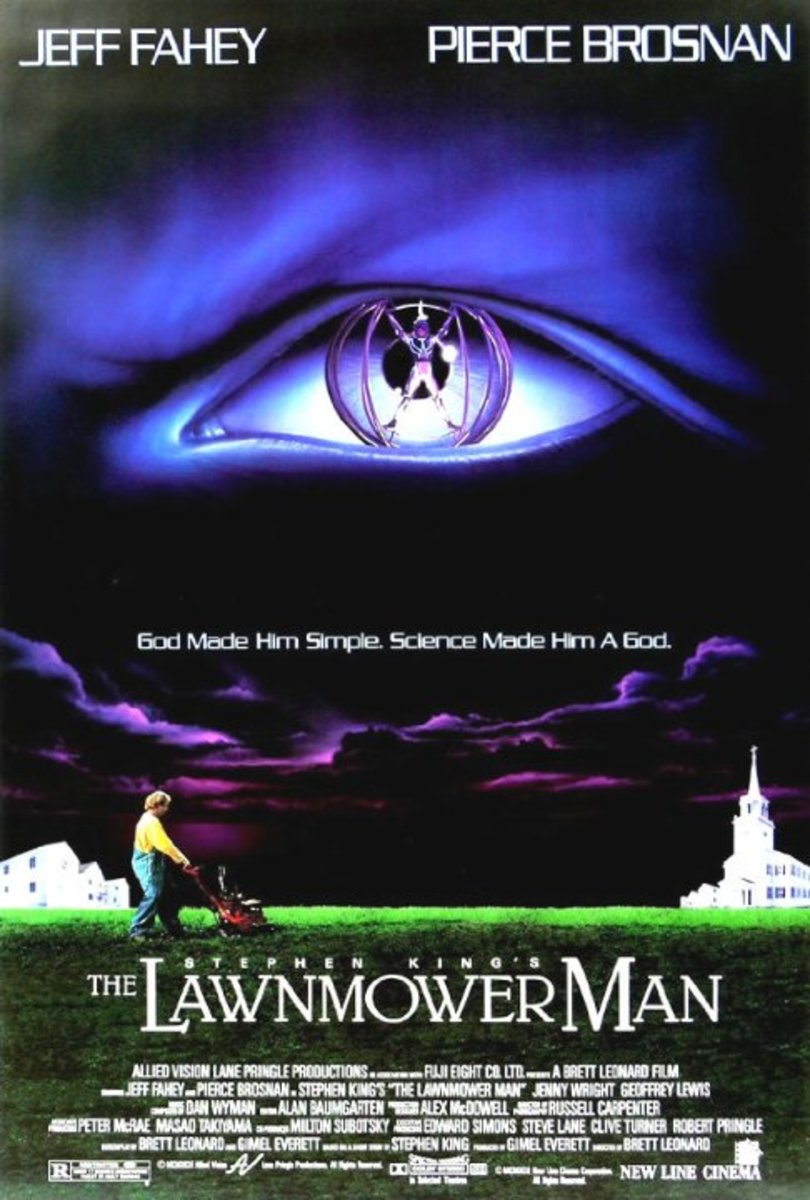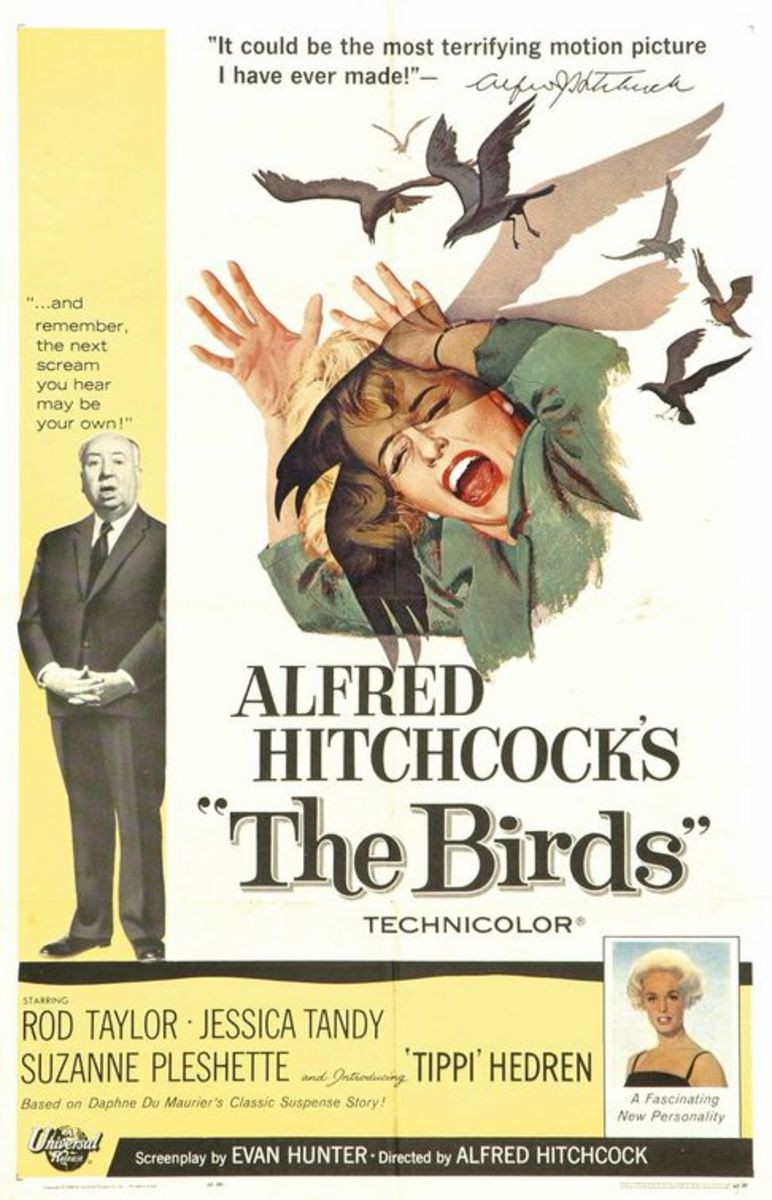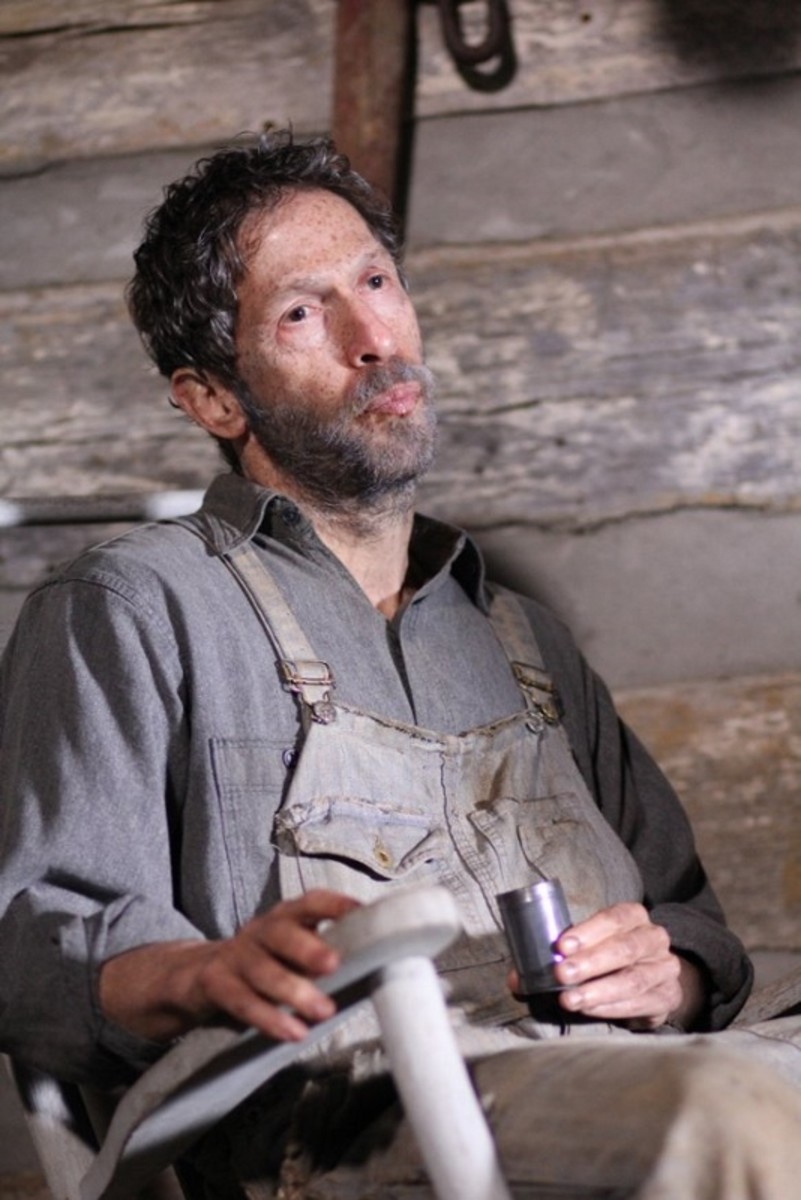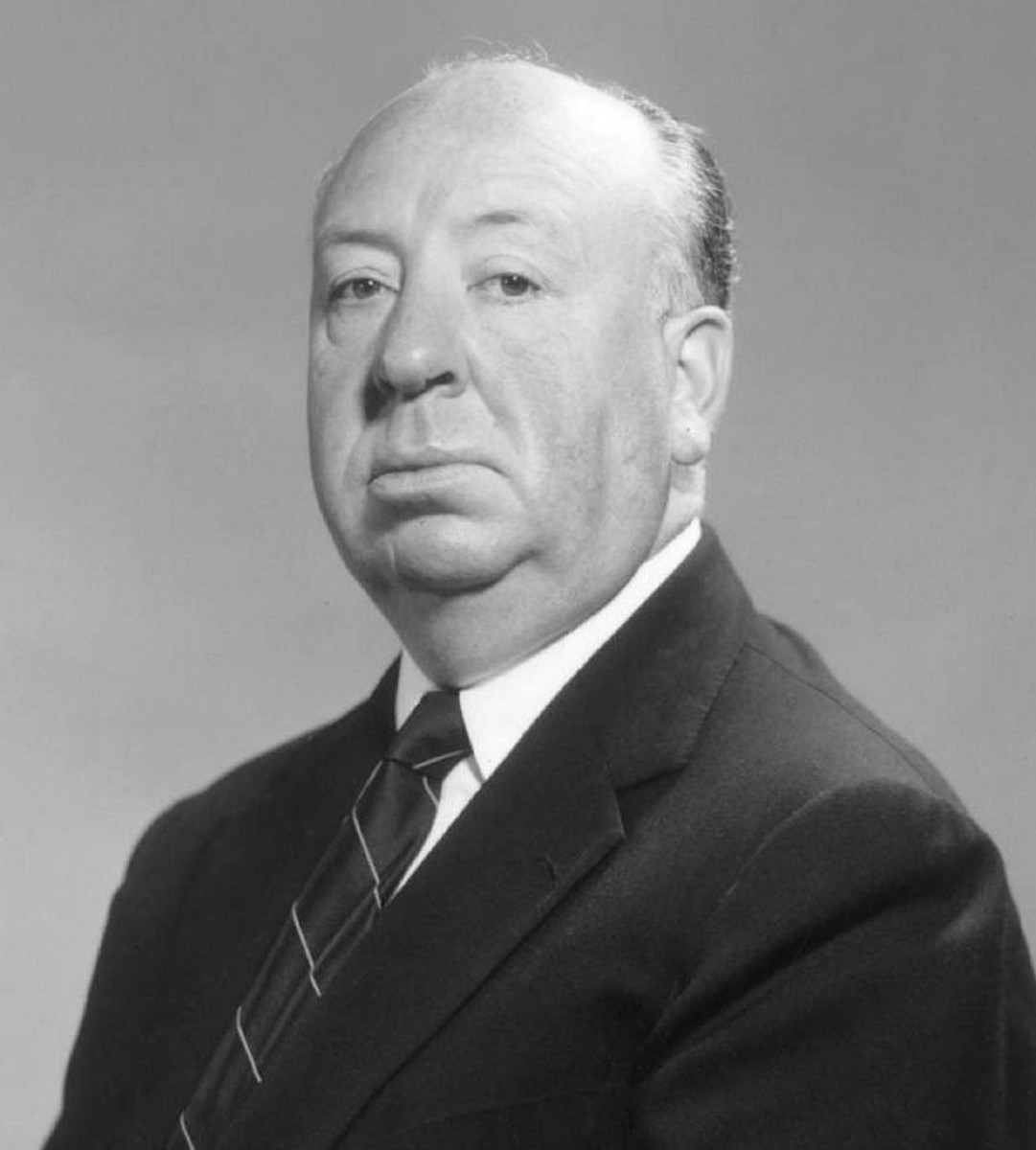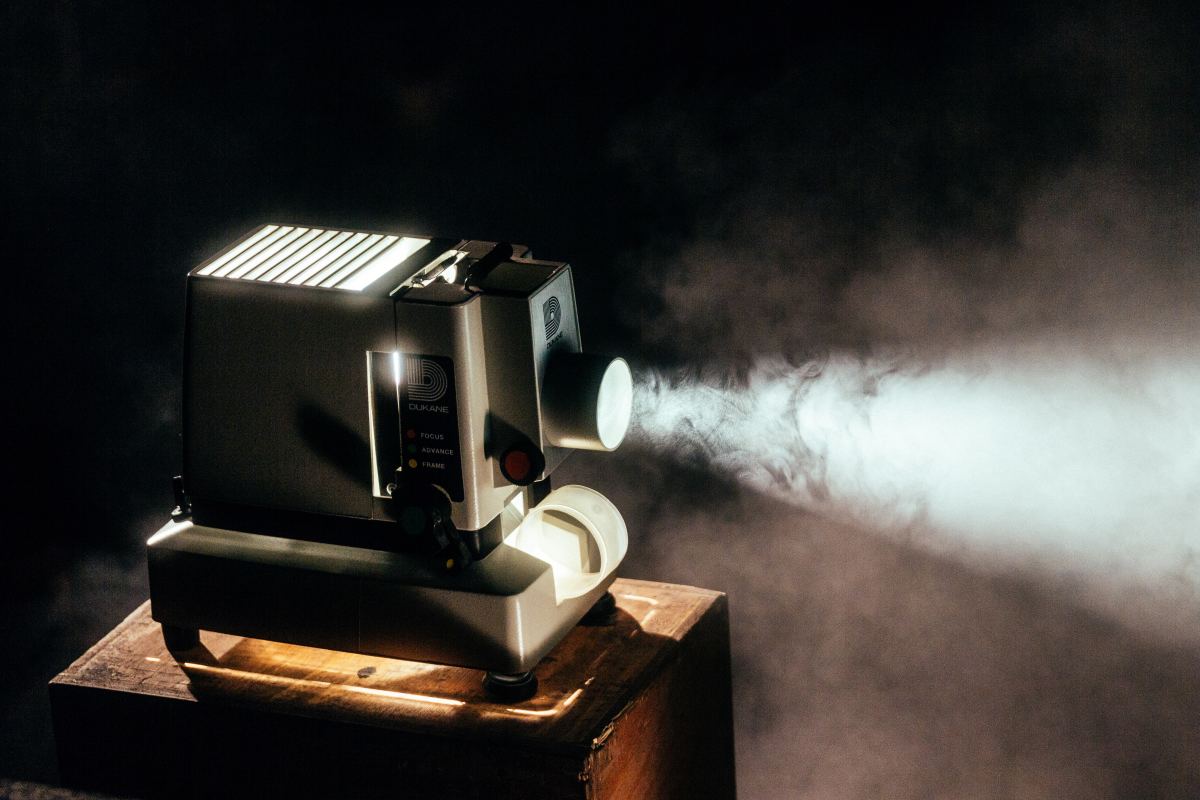Final Girl
A Term For The Survivor in Scary Movies
Usually a "Final Girl" is the one who survives in a horror or thriller movie - usually against great odds. The term literally means that this girl is the "final" character to confront the monster, killer or morbid phenomenon that has damaged or killed everyone else. In essence, the final girl is the "last one standing." She's often singularly, the only persona left alive to tell what happened to everyone else.
Final Girl Laurie Strode
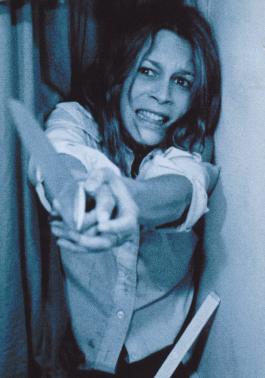
What it takes to be a Final Girl
The Final Girl is a serious TROPE in films and literature in the horror/thriller genre. As a trope, she's not what she seems, she's figuratively (metaphorically) something else...and then literally becomes The Final Girl by the end of the piece. Her character details in the film/literature are secondary - her role as FINAL GIRL out-trumps her name, location, her relationships to others in the film/literature, etc. She stands for something - "the last one standing."
Okay, well that was rather serial...... errrr, I mean serious above. Fine, she can be more to you than a role by the time the movie/book is over, but for our purposes here, the concept of TROPE (metaphors, figures) is very important.
- Final girls are almost always in opposition to or in avoidance of the same vices that victims in the movie/literature possess.
- Final girls are usually virginal or are sexually unavailable, particularly to whatever villain is at large.
- Often, but not always, the final girl will share some history with the killer/villain.
- Usually, the final girl has a unisex name (goes with the sexually unavailable feature).
- The final girl exhibits curiosity and investigative skills.
- The final girl exhibits intelligence.
- The final girl is VIGILANT.
(this next point is really cool)
- The final girl will invariably have a genderline cross whereby all viewers will/should relate to her.
Okay, the last point is a bit more complex, but has more to do with YOU, the viewer than the character - she's a trope, remember - she represents something and her character is FLUID, changeable, complex.
Why - why - and why?
Why does the final girl have to avoid vices? Why can't she enjoy what the others do?
The final girl has to avoid the vices of the other victims, partly because if she didn't the killer would just kill everyone - maybe her FIRST - and the movie would be really short and crappy!
More so, it (no sexuality) is perceived as a character strength by the villain, which goes along with the 'virginal' detail. Or, the villain can't "feel" the same way about our Final Girl as he does about the others he is about to kill.
She might be called 'square,' 'snob,' 'sissy,' or whatever else by the other relations in the piece but when we viewers see her as 'different than the others,' we cheer "woo hoo final girl." We usually notice her pretty quickly.
Why does the final girl have to be virginal or sexually unavailable?
It's necessary, not so much in relation to the 'sexual' aspect, but to ensure the 'unisex' or an almost 'non-gender' that the final girl is building into throughout the movie. It's a gender ambiguity thing more than a sexuality thing. We know a lot of final girls are sexually attractive - actresses Jamie Lee Curtis (Laurie Strode - Halloween), Ali Larter (Clear Rivers - Final Destination), Heather Langenkamp (Nancy Thompson - Nightmare on Elm Street), Amy Irving (Sue Snell - Carrie), Vera Miles (Lila Crane - Psycho), Adrienne King (Alice Hardy - Friday the 13th I & II), Signourney Weaver AND Winona Ryder (Ripley/Alien(s) and Annalee Call - Alien Resurrection), Jodie Foster (Clarice M. Starling in Silence of the Lambs), the list goes on - BUT at some point they all become non-sexual, non-gendered, at least for a while. For long enough to make stuff happen and change the course of events that is controlled by the killer!
Why does the final girl have to share a history with the villain/killer?
She doesn't, it just helps. Don't worry, this feature may not mean much and it's not a 'must have' for a final girl. Often, the shared history aspect does NOT assist the final girl stay safe or anything
ie: shared history=the killer has been observing the final girl for months but she doesn't know this. If the Final Girl is unaware of the killer and his motives, it doesn't mean they aren't sharing a history. Technically, they don't have to have an interactive relationship to be considered as having a history. History is for the viewers - we usually know more than the characters do because we see/read about them, whereas not every character within a film/book is aware of the others. Hence, this history adds to plot but possibly not to the knowledge and experience of the final girl with respect to the villain character. If there is a shared history - bonus - if not, there are a few other features left that make the final girl character work.
Why does the final girl character have to have a unisex name?
She doesn't but many final girls have names or nicknames that are unisex OR masculinized ie: "Sid" from the movie Scream, Ripley from Aliens (First name, Ellen - feminine but never much used in the films), etc.
Why does the final girl have to be curious?
She just does, okay? She needs to be curious, needs to be the one in the group who will find the noise of the house settling INTERESTING while everyone else just says "Oh, it's an old house - that noise was just the house settling."
Why does the final girl have to have investigative skills?
She needs to have the tendency to 'check things out' while everyone else is listening to the house settle and is awaiting their turn to die.
Why does the final girl have to exhibit intelligence?
Doh! Well - because there are murderers on the loose and someone's got to think everyone else's way out of being murdered! Naturally as our final girl is sleuthing away, her peers will be engaging in bad behaviors and will likely call her 'smarty pants,' 'square,' 'snob,' and will generally disbelieve her theories or plainly just tell her to take a hike...right before they get killed...
Why does the final girl have to be vigilant?
She has to be vigilant because in a very short time - sometime during the last portion of the movie, she will not only be surviving but will be morphing gender roles, "troping' so to speak - becoming the metaphorical last one standing...she's got a lot to do, our final girl - that she is vigilant is planly necessary. *Also - her vigilance is something she shares with us, the viewers.
It's complicated: at the beginning of most horror flicks or narratives, we are often brought into the story via killer-eye-view...that is, we are given pieces of what the killer knows or we are observing all the characters with the killer in mind. Part of the final girl's vigilance helps us second-guess all the characters (like the final girl is doing) and be one in mind with HER, once we take note of her vigilance, late in the movie/book. We have to identify with THE FINAL GIRL whether we're male or female at the point of highest action (I didn't want to say 'climax' since our final girl is unisex or asexual - or should be at the point in which we identify with her) in order for the movie or literature to be most successful.
By the way, the 1990s ushered in a new type of final girl, with the likes of Buffy Summers (Sarah Michelle Gellar of Buffy the Vampire Slayer), Sid (Neve Campbell) from Scream, and Julie James (actress Jennifer Love Hewitt) in I Know What You Did Last Summer (I & II). These final girls are more assertive and smarter than ever allowed in movies and literature before.
What does all this MEAN?
Final girls as we understand them now (Laurie Strode, Clear Rivers, Sidney Prescott, Buffy, Julie James, Ripley, Annalee Call, Buffy) were not possible 50 years ago - and final girls in any significant form used to be rare long ago. Women in film used to have very designated, determined roles, and these usually included making sure that a female was a making use of behavioral norms and such in film (and often in literature). Final Girl came about because we changed what we like (this is my theory) to see from women in film and in literature...because we are changing, ourselves, as viewers.
We are no longer satisfied to just watch a woman in a film and storyline get rescued by the male persona in the film. We want more developed characters who are intelligent, complex, and who are assertive.
Lastly - we may also be crossing a gender line or feeling ABLE TO cross lines of gender these days...this is apparent in what we demand of our Final Girl.
Final Girl works because she CROSSES GENDER when she acts smart, assertive, and fends for herself.
Final Girl often becomes masculine in her efforts to survive - which male viewers (good news) are very much accepting. Final Girl often picks up a phallic object - a knife, bat, two-by-four, in order to protect herself - which wasn't so much seen in movies or literature 50 years ago. Final girl acts masculine for a time in defending herself - she might be violent and equally as violent as the killer/attacker in a film/book and viewers/readers ARE LIKING THIS! This viewer response is like "permission to defend" in movies and literature for a change, for women, anyway. We no longer expect or allow women to perish if a white knight doesn't show up in time.
Part of the unisex nature, non-sexual effects, and the gender-crossing of the Final Girl are also pitted against something in the nature of the bad-guy which we are learning more about, too...many of the killers/attackers in film/literature have gender identity issues - Norman Bates in Psycho, Michael Myers/Halloween, Jame Gumb in Silence of the Lambs, Jason in Friday the 13th - have gender issues or sexual identity issues. When our Final Girls become unisex or asexual or at least non-sexual, sometimes the perpetrators notice and otherwise take it easy on our Final Girl...in the pause for pondering, our Final Girls often have a chance to make their escape or finish formulating their survival plans. At some point, this gender crossing or this non-gendering of character places the killer and our Final Girl, just for a moment, on even ground.
Match the Final Girl with The Movie
view quiz statisticsFinally
There's a whole field of study about "Final Girls Reinterpreted" or the way in which Final Girl characters and roles keep changing. Part of what we recognize as final girl attributes depend on us, the viewers. So far, we accept that men are stronger than women and that men are usually the attackers in horror/thriller movies. This mimics, somewhat, how we view as 'male and female' roles in our real world.
There's also a male "final girl" - rather - a "Final Guy" or Final Boy - but he's a really new role that we're not always able to pick out quickly. Partly, we don't accept a male 'final personality' character very well and this is about our culture and norms, not about whether or not a final boy character would WORK or not in film and literature. Naturally, this role won't work if we viewers don't let it or if we don't see a need for it.
Just something to think about

